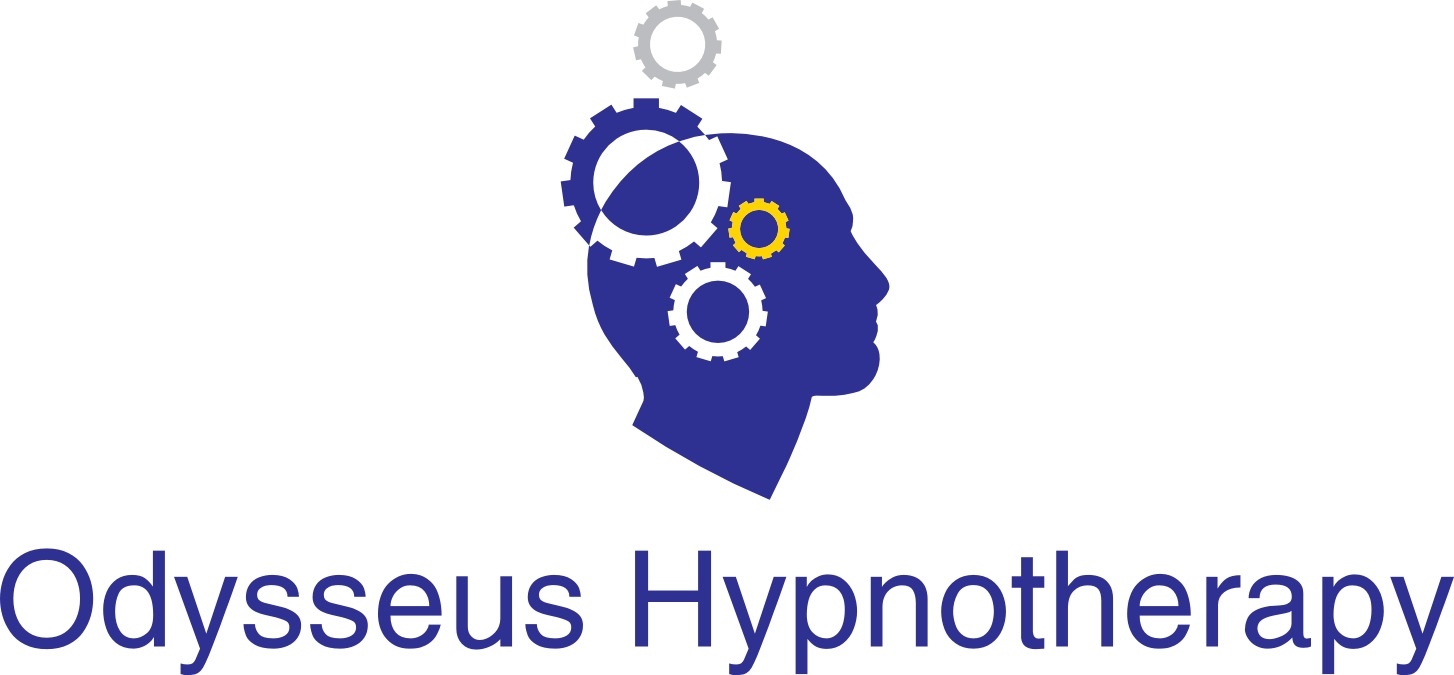Many people believe that hypnosis is an altered state of consciousness. From studies conducted into hypnosis, our best understanding suggests that the effectiveness of hypnosis is more attributable to ordinary psychological processes such as expectancy, belief, attitude and motivation rather than hacking into a mythical or metaphorical unconscious part of our mind. There is no evidence for the existence of an unconscious mind. You choose to be more aware of what’s immediately important to you and less aware of what isn’t. Although the psychological processes might be normal, you can learn to engage them in a way to develop positive responses and attitudes that will facilitate achievement of your goals with extraordinary results. Results achieved through hypnosis are shown time and again to be significantly more effective than mere will power or positive thinking alone, although it is essential that you are motivated and have a positive regard for the process and your abilities.
While absorbed in hypnosis, we know that it produces a change in brainwave activity but it is not sleep. We could liken it to daydreaming or the phase that we go through just before we go to sleep or as we are waking. When we daydream, we tend to rationalise thoughts and situations, think through plans of action step-by-step and mentally rehearse tasks and situations to prepare. We can use hypnosis to give ourselves time to focus on desired outcomes in a structured way, challenging our own limiting beliefs, moving towards thoughts, feelings and behaviours that enrich our lives and away from thoughts, feelings and behaviours that prevent us from achieving our full potential.
During hypnosis, you will still be in control; you will be conscious, able to speak, able to come out of hypnosis whenever you want with a complete memory of the whole experience. So you will not be in a 'zombie like' state, you cannot be made to do anything you don’t want to, or made to do anything you are not comfortable with, anything that goes against your values or divulge your deepest darkest secrets. In fact, hypnosis cannot be used as a truth serum and people are perfectly capable of lying while hypnotised. Our perception of truth also applies to the recollection of memories. During hypnosis, we sometimes draw on past experience and use imagination to recall past events, such as a time when we were happy or relaxed. Although hypnosis provides us with focus and heightened attention, the results of numerous studies suggest that hypnosis doesn’t improve factual memory recall but because of the way our memories work, we recall our own version which can be susceptible to exaggeration and distortion. However, for the purposes of therapy, our recollection doesn’t need to be entirely accurate; we might use memories to tap into desired emotional states.
It is impossible to become stuck in hypnosis in the same way that you cannot get stuck while absorbed in a good book or film. You will find that because you are so internally focused with heightened awareness, you will experience sensory distortions such as time or you may feel a floating sensation or some sounds will become more prominent than others. The sound of my voice might become more prominent and any background sounds, although you’ll be aware of them, might fade into the distance. I will also be observing you during hypnosis for subtle signs that tell me how well you are engaging with the process such as changes in complexion, eye movement, and posture. Because you are so relaxed and focused, you might not notice these effects but I’ll let you know how well you are doing throughout the process. In essence, we are all able to go into hypnosis and you will be using your own ability to go into hypnosis as we all do several times a day when we zone out while driving and suddenly end up at our destination, during meetings or presentations or while watching television. In these situations, we remain conscious and aware of what’s going on around us and can easily, quickly and safely bring our attention back to the immediate situation when we get to a red traffic light, someone calls our name or the phone rings.
Clinical Hypnotherapy utilises deep relaxation. Evidence suggests that deep relaxation can have many physiological and emotional benefits such as reducing stress, improving concentration and mood, lowering blood pressure and alleviating fatigue and much more.
Contrary to the common misconception that hypnosis turns you into a compliant zombie, it actually puts you back in control of your thoughts, physical and emotional sensations and behaviour.
During hypnosis sessions, you’ll learn techniques, resources and ideas for self-care and self-management. Once learned and practiced, it will be difficult to revert to old, unwanted and less beneficial ways of thinking, feeling and behaving.
Hypnotherapy is delivered in a way to maximise the effect in the shortest possible time, usually 4-6 sessions. This makes it a very cost effective therapy.
Hypnosis is safe and its effectiveness is supported by thousands of studies for a variety of issues with its strongest evidence base in anxiety, pain management and Irritable Bowel Syndrome (IBS).
If you require any additional information or have any queries relating to hypnosis or the issues you would like to overcome, please contact Philip Roberts at Odysseus Hypnotherapy. Click on the 'CONTACT' button below.
FREE INITIAL CONSULTATION Choosing the right therapist for you is so important which is why Philip Roberts at Odysseus Hypnotherapy provides a free 30 minute initial consultation by phone or Skype. This gives you an opportunity to ask any questions you may have, find out more about hypnosis and discuss the issue you need help with. Click on 'CONTACT' now to email or message Philip to arrange a FREE INITIAL CONSULTATION
REDUCED HOURLY FEE FOR FIRST THERAPY SESSION AND PRE-PAID SESSION BLOCKS (Go to the 'OUR APPROACH' page for session information including fees).





